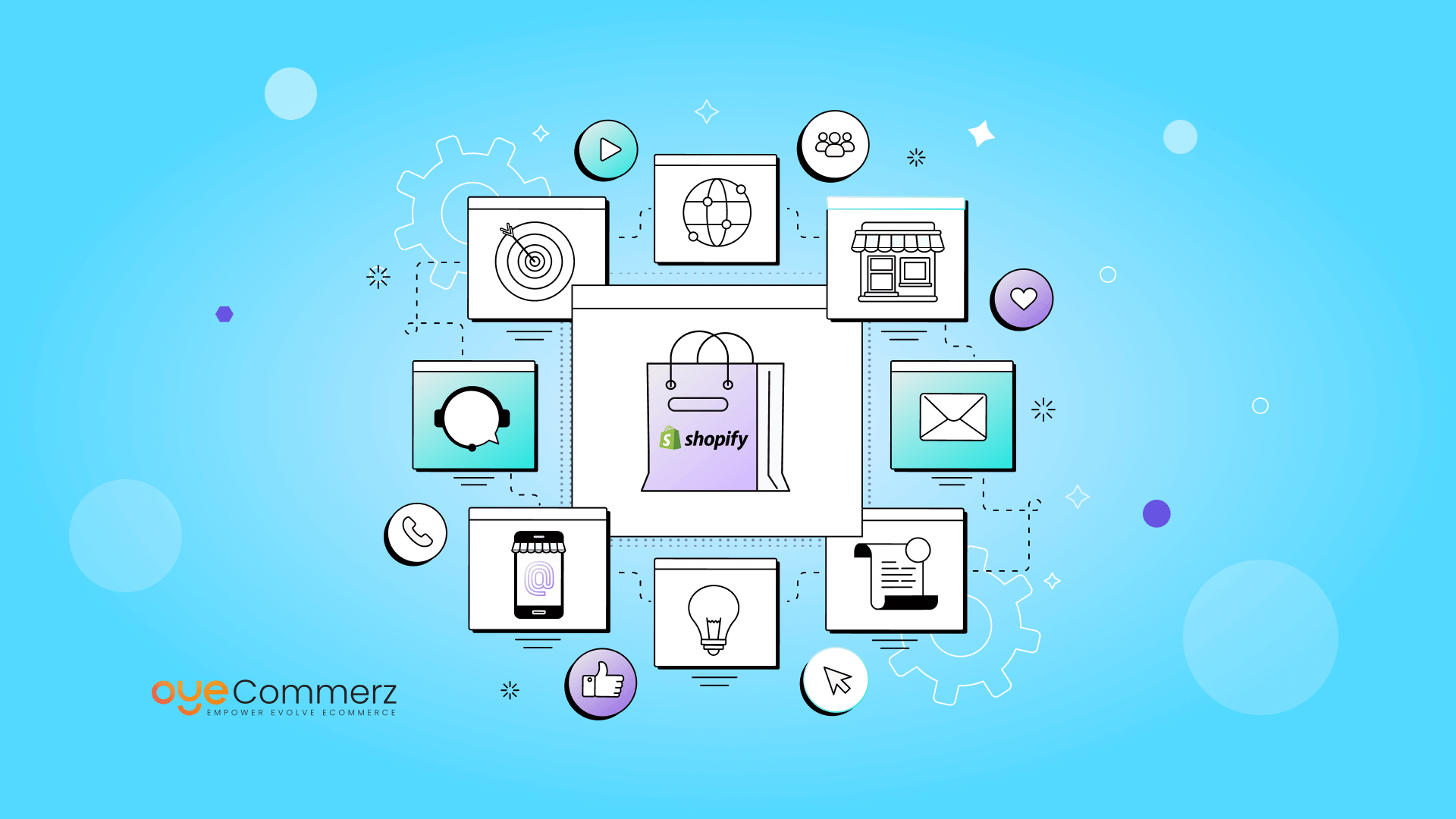Overview
In today’s competitive e-commerce landscape, standing out is paramount, and one of the best ways to differentiate a Shopify store is through tailored app development. A robust Shopify app can boost store functionality, simplify processes, and boost customer engagement. This guide delves into essential elements of Shopify app development, covering API integration and app ecosystem to scaling strategies and promotion methods, offering a roadmap for companies seeking superior store performance.
Why Shopify API Integration Matters
Shopify’s API offers robust tools to customize and expand store functionalities. With GraphQL and REST APIs, developers can access data to create apps that handle inventory control, order handling, and customer information management seamlessly. Using Shopify’s API can enable improved workflow automation and allows stores to assist shoppers more efficiently.
Adopting the Polaris Design System
Polaris is Shopify's design system for creating user-friendly and accessible Shopify apps. By following Polaris principles, developers ensure that apps seamlessly integrate within the Shopify Admin interface. This provides a cohesive look and feel that resonates with Shopify merchants, promoting ease of use and comfort for merchants utilizing your custom app.
Navigating the Shopify App Ecosystem
The Shopify app ecosystem provides numerous opportunities for enhancing online stores. From handling order fulfillment to boosting customer engagement, apps in this ecosystem are designed to meet diverse business needs. Learning about this system helps developers in identifying unique app ideas and enables smooth connections of external tools that enhance the store.
Building Embedded Shopify Apps
Embedded apps integrate directly within the Shopify Admin, providing a smooth interface for merchants. They ensure that merchants do not need Use Node.js in Shopify apps to navigate away from their Shopify dashboard, simplifying their Shopify app ecosystem by Oyecommerz process. Employing Shopify App Bridge and embedded app capabilities is recommended for providing a unified, integrated user environment.
Using Node.js and React for Shopify Apps
Node.js and React have emerged as ideal tools for Shopify app creation. Node.js enables high-performance server-side applications, while React enables interactive and adaptive front-end user interfaces. Together, they offer an excellent framework for building fast, growth-ready Shopify apps that enhance store performance and customer engagement.
Utilizing Webhooks in Shopify Development
Webhooks allow real-time data synchronization between Shopify and an external app. They initiate events such as new orders or stock changes and provide immediate alerts to your app. By utilizing webhooks, apps can deliver real-time insights for store owners, streamlining workflows and boosting productivity.
Customer Engagement and Digital Marketing for Shopify Apps
To ensure Shopify app success, engaging customers is key. Using online marketing techniques like SEO, email marketing, and social outreach can increase app usage. Additionally, creating applications with customer engagement in mind (e.g., loyalty programs or personalized suggestions) boosts user retention and loyalty.
Making Your Shopify App Scalable
As e-commerce businesses grow, so do their technology requirements. Ensuring that your app can manage higher usage, larger data sets, and more complex functionalities is essential. By improving server capacity and implementing scalable technologies, you can create apps that grow in tandem with a store’s growth.
Essential Features and Maintenance for Shopify Apps
For an app to be useful, it should offer essential features like user authentication, dashboard analytics, and support channels. Regular app upkeep, with updates to fix bugs and compatibility checks with new Shopify functionalities, is vital to ensure uninterrupted performance and prevent disruptions to merchant workflows.
Conclusion
Custom Shopify app development holds vast potential for e-commerce stores, offering the chance to enhance store functionality, simplify operations, and foster customer loyalty. With API integrations and Node.js to ensuring scalability and customer engagement, creating a Shopify app requires careful planning and strategic execution. If you’re ready to elevate your e-commerce experience, a tailored Shopify application may be the perfect choice. What capabilities do you see for your ideal app? Share your ideas and begin the journey to an optimized e-commerce experience!
